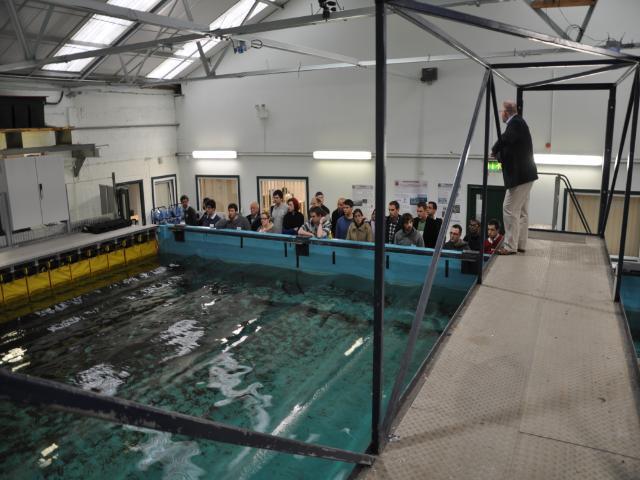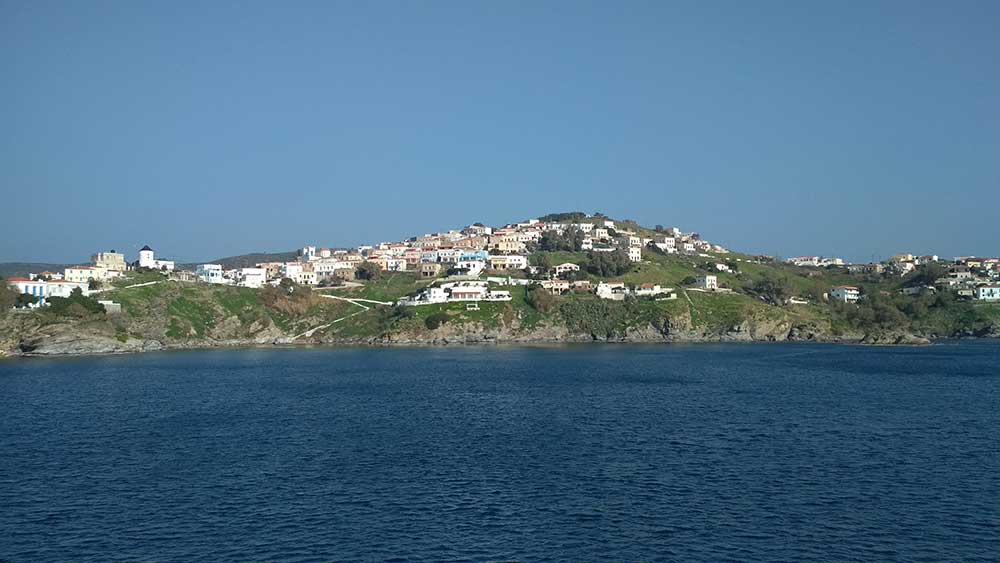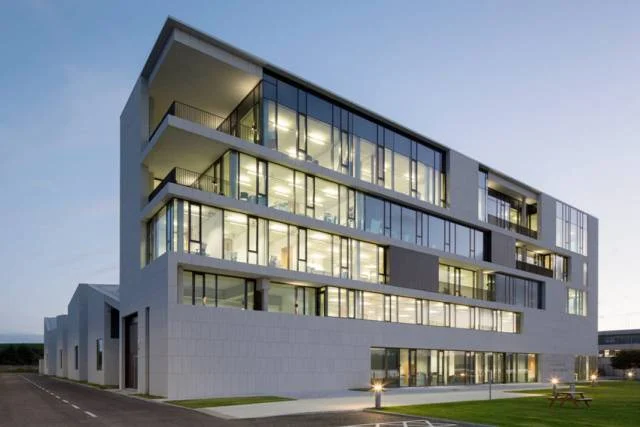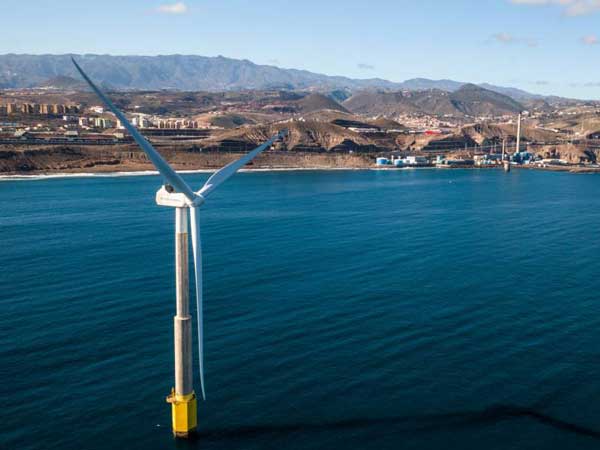The Challenge
The challenge was to develop a complete electrical and control infrastructure for a novel floating energy system that integrates renewable energy sources, autonomous power management, and marine environmental resilience. It required seamless interfacing with a WEC and shore-based facilities while maintaining functionality in a remote and potentially harsh marine environment. A significant emphasis was placed on system redundancy, intelligent controls, telemetry, and ease of maintenance.
Our Approach
NeoDyne’s strategy involved a modular, standards-compliant engineering design, integrating:
- Custom-built stainless steel control panels
- Hybrid power sources (solar, wind, diesel generator, batteries)
- SCADA and telemetry systems
- Comprehensive system testing protocols
The project followed a strict ISO9001-compliant design and commissioning methodology. NeoDyne prioritised early-stage design reviews, integration testing, and a robust functional specification to mitigate risks and ensure system reliability.
About UCC - Hydraulics & Maritime Research Centre
The Hydraulics & Maritime Research Centre (HMRC) at University College Cork (UCC) is a leading research facility in coastal engineering, marine renewable energy, and hydraulic modelling. Part of UCC’s School of Engineering, HMRC focuses on wave dynamics, coastal erosion, flood management, and offshore energy. Known for its work in wave and wind energy, it features advanced facilities like wave tanks and modelling tools. HMRC collaborates widely to support sustainable coastal infrastructure and Ireland’s low-carbon transition.

Requirements
- Electrical system design and installation for FPS and WEC module
- Back-up and renewable power systems
- Telemetry and communications network (radio and fibre-ready)
- SCADA and data acquisition system
- Full operator training and documentation
- Functional Design Specification and commissioning protocols
Challenges Faced
- System Stability: Developing a robust system capable of emulating grid voltage and frequency with sufficient inertia to remain stable during the testing of Wave Energy Converters (WECs) and during load sharing operations.
- Environmental Durability: Ensuring the system could survive and operate reliably in high salinity environments.
- Remote Operability: Incorporating remote access and diagnostic capabilities to minimise the need for on-site servicing and reduce unnecessary service trips.
Final Outcome
The system design supports three operational modes (Normal, Load Shedding, Survival), allowing adaptive management of energy generation and load. NeoDyne’s phased testing and validation approach ensured smooth commissioning and handover to UCC.
- Integrated diesel generator, wind turbine, and solar array
- Custom stainless steel control panels
- SCADA system
- GPS and camera systems for FPS and WEC
- A 45kW VSD-controlled water pump for dynamic power dissipation
- Extensive testing protocols covering control logic, telemetry, and power systems
- Remote access functionality for diagnostics and monitoring
Other Case Studies
See other PowerGen & Utilities projects below to see our solutions in action



